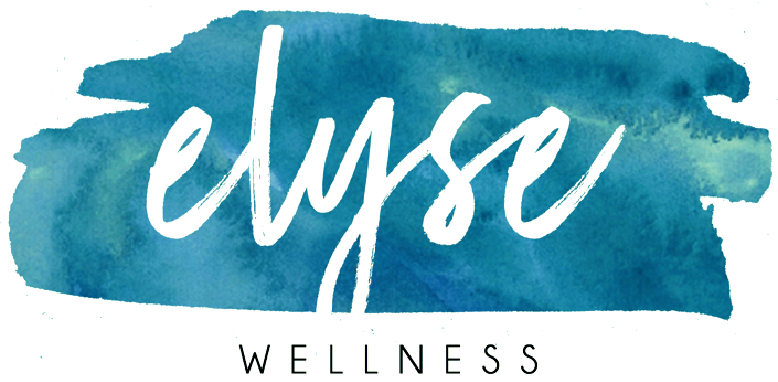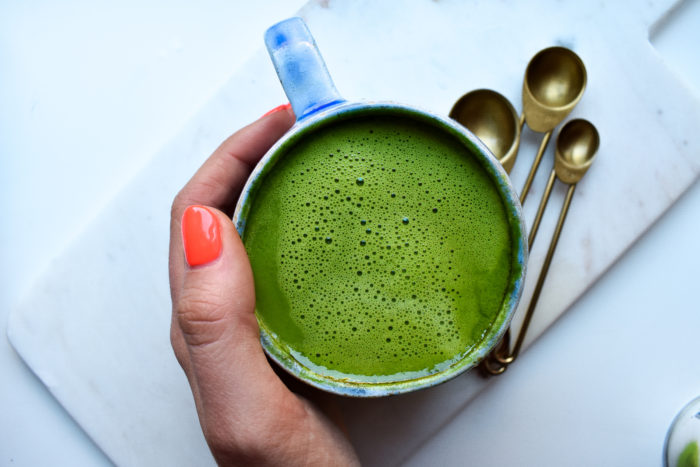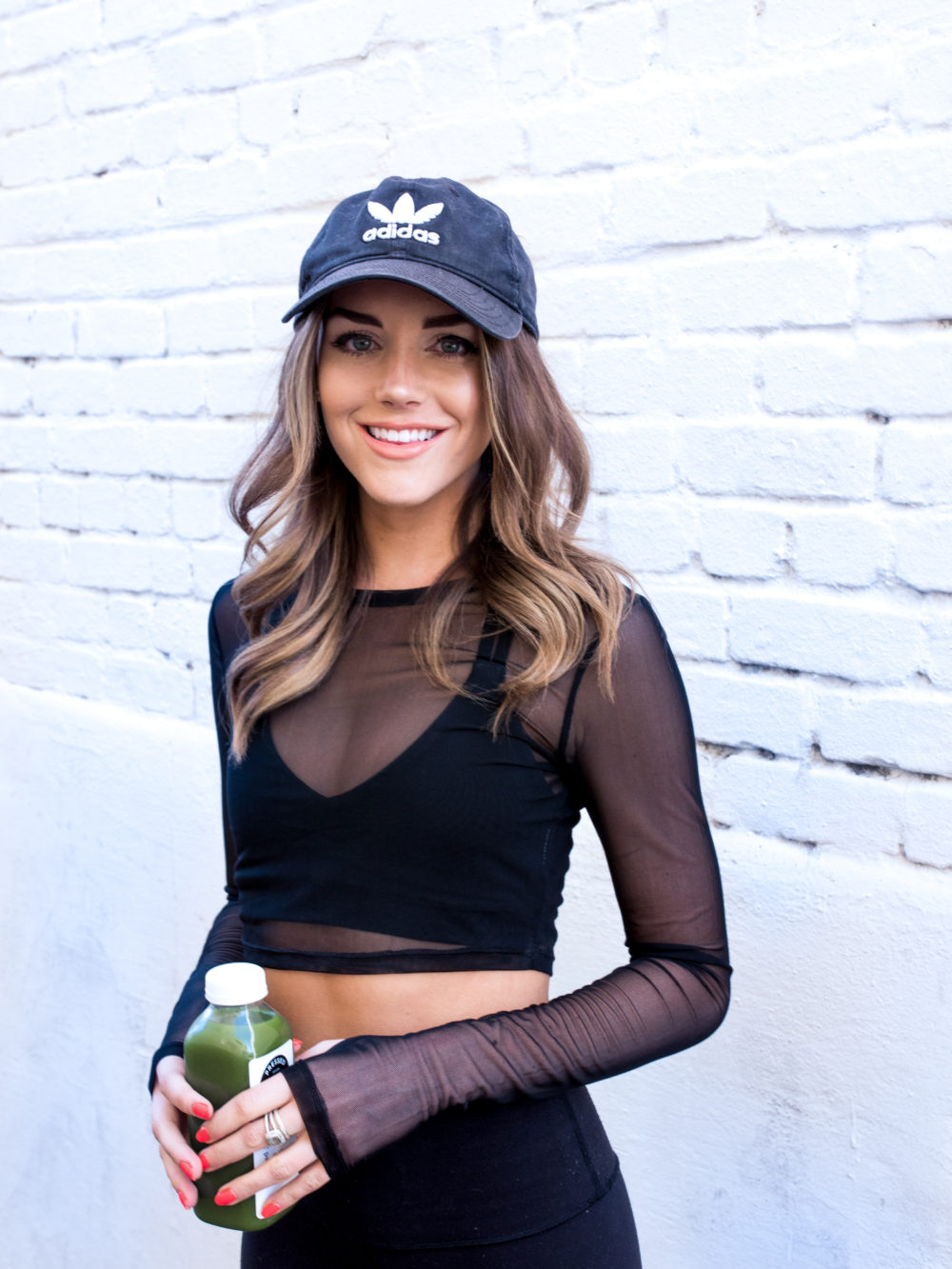 I’ll start this post by saying, I’m naturally not a super anxious person. Of course I experience anxiety from time to time, but I feel pretty blessed to have a brain that just naturally doesn’t worry / overthink that much. I say this because I have people close to me that truly suffer from anxiety that at times can be paralyzing, and I don’t pretend know what that’s like, and I’m definitely not here to say everyone’s mental health can be solved with a CBD bath. BUT I do believe there are many easy lifestyle changes that can make a big impact on my state of mind. This post was written with love with my anxious baby sister in mind <3
I’ll start this post by saying, I’m naturally not a super anxious person. Of course I experience anxiety from time to time, but I feel pretty blessed to have a brain that just naturally doesn’t worry / overthink that much. I say this because I have people close to me that truly suffer from anxiety that at times can be paralyzing, and I don’t pretend know what that’s like, and I’m definitely not here to say everyone’s mental health can be solved with a CBD bath. BUT I do believe there are many easy lifestyle changes that can make a big impact on my state of mind. This post was written with love with my anxious baby sister in mind <3
YOGA & MEDITATION
While my natural state of low-anxiety is probably genetic, I also suspect starting a yoga practice when I was 16 has something to do with it. I see yoga as being beneficial in two key ways: it gets you comfortable with being uncomfortable, and it activates your parasympathetic nervous system. In a challenging yoga class, you’re learning to breathe through the discomfort. Yoga is one of the few work outs where you can’t push and fight your way through. It just doesn’t work. Getting deeper into poses requires surrendering, and using the breathe the to find some peace, even in the most uncomfortable positions. And if you practice often enough, that state of mind stays with you with you off the mat. So when you encounter stressful situations in life, you can deal with them from a place of calm. In a restorative yoga class (or even just savasana), you’re activating your parasympathetic nervous system. Most of live our lives in our sympathetic nervous system – the fight or flight response. But the parasympathetic nervous system is crucial for our body to perform repair functions, and to get us out of the state of chronic stress and anxiety. Meditation is also HUGE for changing your mindset. Even 5 minutes of sitting quietly and breathing can turn my mood around, and I find the more consistent I am with my meditation practice, the less anxious I’ll feel throughout the day.
WALKING
Not exactly ground breaking advice here, but I’ve found simply walking to be one of the best resets for my mood and reducers of stress and anxiety. Whether its something at work or something personal going on, if I walk for at least 30 minutes, my mental and physical state is completely changed, and the longer I walk, the more I can feel my body releasing that anxiety. It’s easy, its free, and anyone can do it, anytime.
 ESSENTIAL OILS
ESSENTIAL OILS
Talk about a quick fix. Lavender essential oils are a great option for calming you down. I keep this one by Saje Natural Wellness with me all the time, and whenever I’m feeling stressed or overwhelmed I take a deep inhale of the oil, and also rub some on my temples, my wrists, and under my nose, and it immediately calms me down. The fact that using essential oils requires you to breathe deeply is a huge win in itself.
JOURNALING
Sometimes you just need to get it out on paper. I’m not a write-my-feelings-everyday kinda journaler, I’m more of a when-shit-hits-the-fan journaler. If I’m stressed or overwhelmed and just need to process something, I always turn to journaling to just get it out. I also find as I write it out, it calms be down, and gives me perspective on the situation.
THERAPY
This tip is not cheap, and not always accessible to everyone, but man is it worth it. I recently started going to therapy and all I can say is I wish I started going 10 years ago. Not only does it help you work through deep-rooted issues and gain perspective on things, but it’s a huge anxiety reducer for me. After every appointment I feel like a huge weight is lifted, and whatever low-key chronic stress I’ve been holding onto all week is just evaporated.
 MAGNESIUM SUPPLEMENT*
MAGNESIUM SUPPLEMENT*
*As always, consult your doctor before starting any new supplement routine Magnesium is an essential mineral that is serves as a cofactor supporting over 300 chemical reactions in the body, and as many as 68% of Americans don’t get enough magnesium. The research on magnesium and anxiety is pretty interesting. In rodent studies, magnesium has been shown to have a direct effect on anxiety, where by low magnesium levels increases anxiety markers, and adding back magnesium to the diet reduces anxiety. It’s also been shown that when under test anxiety, college students’ levels of magnesium go down as more magnesium is excreted via urine, leading to the thought that stress and anxiety worsens magnesium deficiencies. There are different forms of magnesium – I take magnesium citrate because it also helps keep your digestion regular, whereas magnesium glycinate is highly bioavailable but doesn’t affect digestion as much. I typically take 1 magnesium capsule at night (36% of the daily recommended allowance) and I notice it really calms me down and helps me sleep.
EPSOM (MAGNESIUM) SALT BALTS (CBD OPTIONAL)
Just as oral magnesium has anti-anxiety benefits, bathing in epsom salts allows your body to absorb magnesium via your skin. I add about 1-2 cups of epsom salts to a bath, and it’s great for everything from relaxation to soothing sore muscles. This is also a powerful detox. When I’m on track with my diet and drinking alcohol minimally, this feels like a normal bath. But if I’ve had a big weekend (like a bachelorette party) and take one of these baths, I sweat BUCKETS. It’s pretty crazy. If you want to REALLY up your bath game, you can try a CBD bath bomb. CBD is the non-psychoactive part of the marijuana plant (which now that its legal in CA, CBD products are everywhere) that has therapeutic benefits ranging from pain relief, to anti-inflammatory to anti-anxiety. In a bath bomb, you’re again absorbing the CBD through your skin, which gives you the relaxation and anti-anxiety effects. The one I’ve used is by CBD Living, and I only use about 1/3 of it at time.
 Do you suffer from anxiety? What are some of your go-to tips for reducing anxiety?
Do you suffer from anxiety? What are some of your go-to tips for reducing anxiety?





